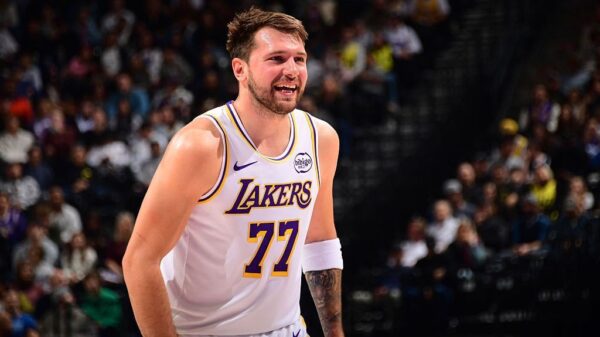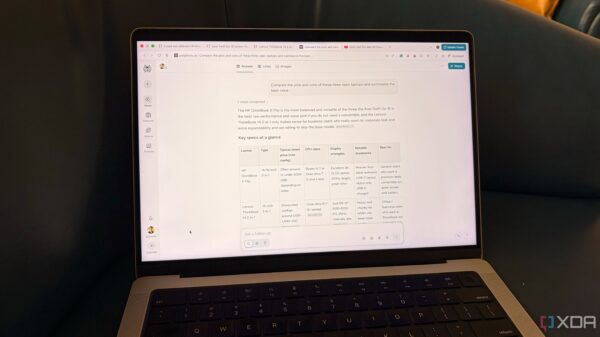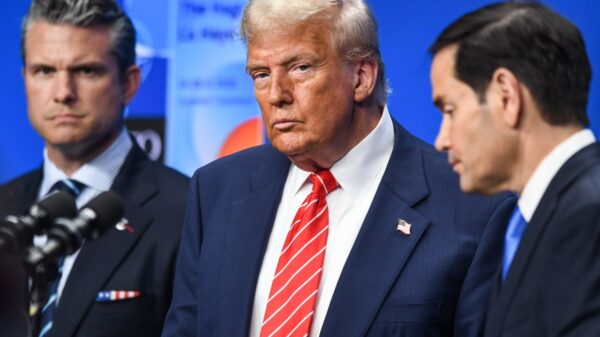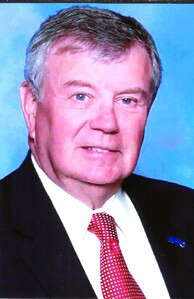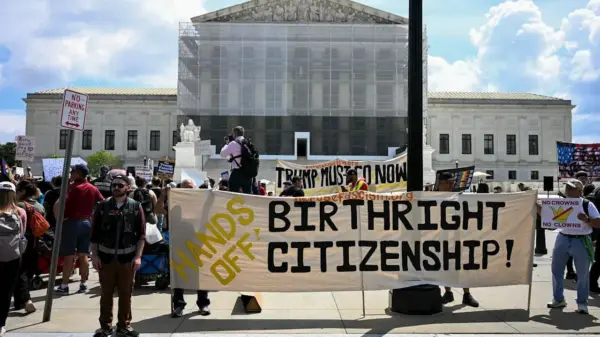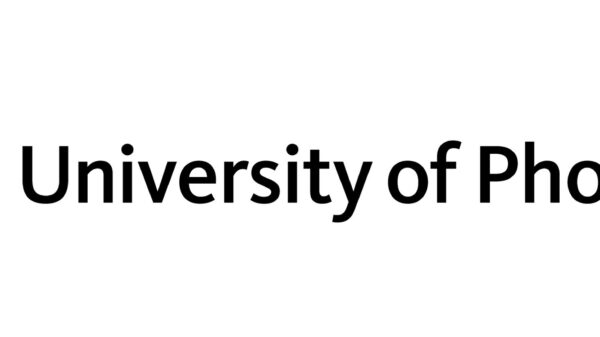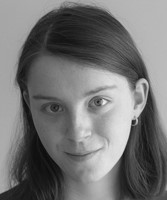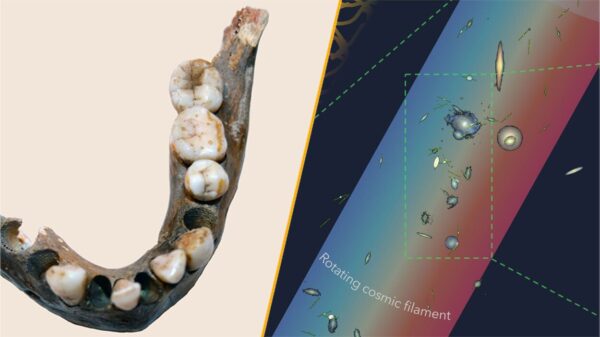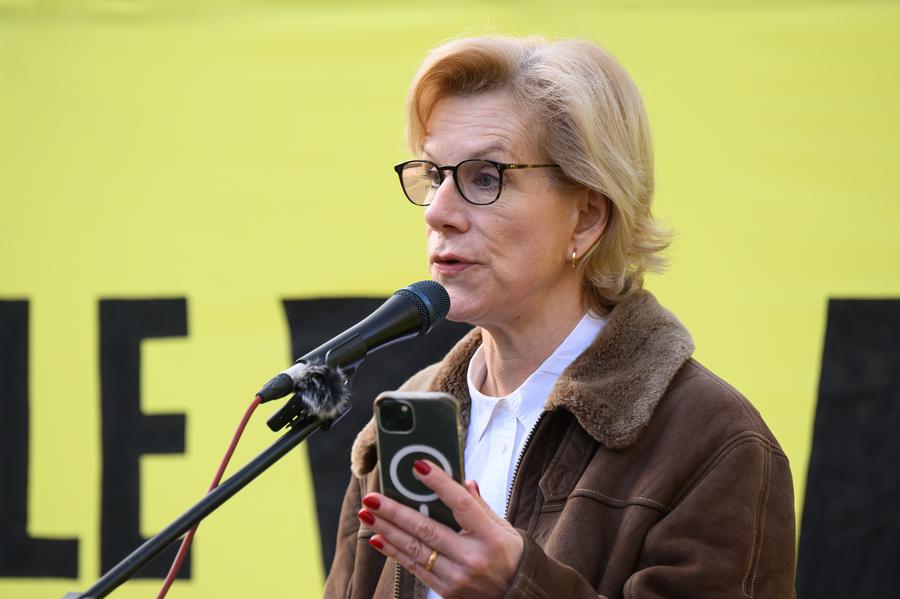In a recent interview with the *Guardian*, actress Juliet Stevenson and her husband, anthropologist and filmmaker Hugh Brody, shared their perspectives on the ongoing conflict in Palestine, igniting discussions about the intersection of activism and heritage. The couple, who have been vocal advocates for Palestinian rights for over three decades, connected their activism to Brody’s Jewish background and his mother’s survival of the Holocaust.
The interview, conducted by Nadia Khomami, highlighted the couple’s commitment to the Palestinian cause. According to Brody, his identity as a Jew and the son of a Holocaust survivor profoundly influences his views on Israel. He stated, “It’s an absurdity and an ideological trap” when anti-Zionism is equated with antisemitism, expressing concern that this linkage creates new forms of discrimination against Jews.
Stevenson and Brody described their shared passion for advocating human rights, with Stevenson referencing the personal risks involved in their activism. “I do fear for my career, but I don’t feel like I have a choice. Does my career really matter alongside what’s going on in Gaza?” she remarked, addressing the challenges faced by those who speak out against the Israeli government.
Controversial Perspectives and Historical Context
The couple’s statements have drawn attention for their provocative nature. Brody described the situation in Israel as an ongoing genocide, a claim that has sparked considerable debate. He emphasized the need to challenge what he perceives as crimes enacted by the current Israeli regime, framing his activism as a form of care for Israel itself. “If we care for the safety and survival of Israel, all the more reason to protest as loudly as possible against its current regime,” he asserted.
Critics argue that invoking Jewish heritage, particularly the Holocaust, to support their political views is problematic. The discussion raises questions about the ethical implications of using historical trauma as a tool in modern political discourse. Brody’s reference to his mother’s experiences during the Holocaust has been interpreted by some as leveraging personal history to bolster a narrative that may oversimplify complex issues.
Stevenson and Brody’s activism is not without its challenges. The couple acknowledged that their views have led to difficult conversations, particularly regarding the perception of anti-Zionism. The complexity of these discussions reflects broader societal tensions surrounding the Israeli-Palestinian conflict, where expressions of dissent can sometimes lead to accusations of antisemitism.
Public Reaction and Broader Implications
As public figures, Stevenson and Brody’s remarks contribute to a larger conversation about the responsibilities of artists and celebrities in political activism. Their commitment to advocating for Palestinian rights has garnered both support and criticism, highlighting the polarized nature of this debate.
While some laud their courage to speak out, others caution against the potential dangers of conflating historical events with contemporary political stances. The couple’s willingness to engage in dialogue about these sensitive topics demonstrates a desire to explore the moral complexities of their advocacy.
In a world where discussions about Israel and Palestine continue to evoke strong emotions, Stevenson and Brody’s perspectives serve as a reminder of the intricacies involved in navigating identity, history, and activism. Their interview underscores the importance of thoughtful discourse in addressing conflicts that resonate deeply within both personal and collective narratives.


